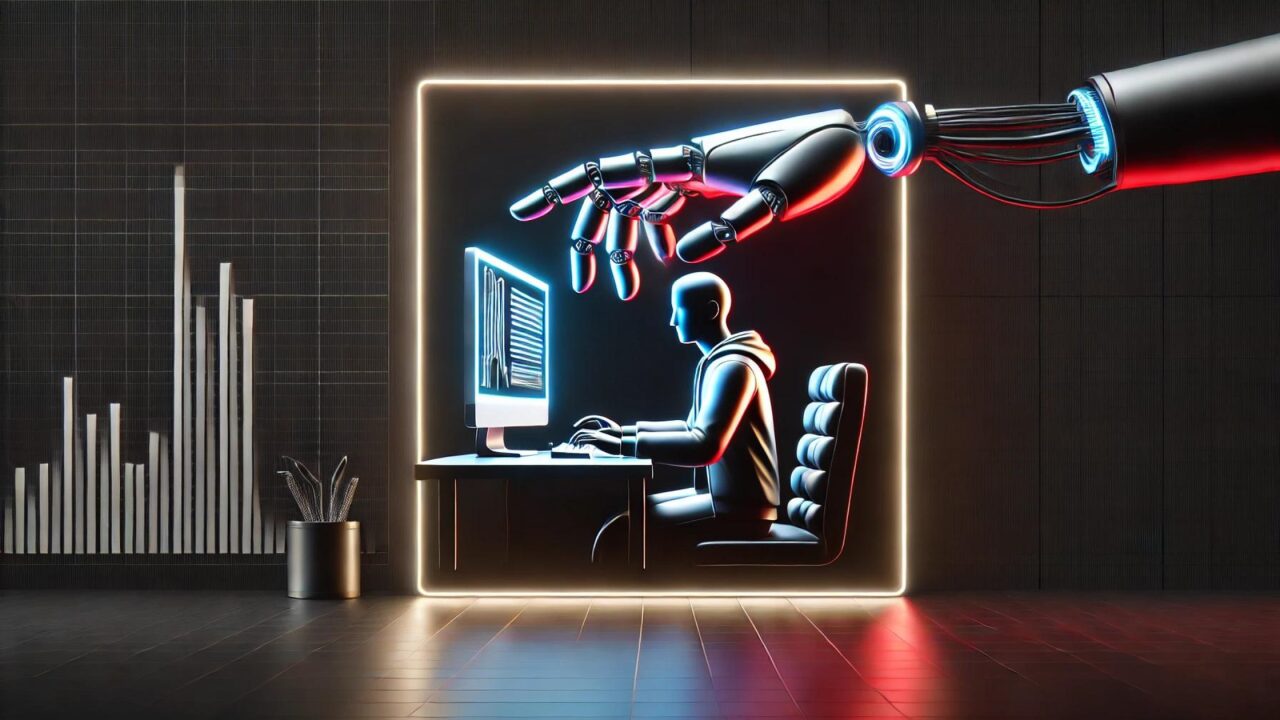
Search engine optimization (SEO) has always been a moving target. What worked a year ago is outdated today — and what works today might be obsolete tomorrow. One of the most game-changing developments in the world of digital marketing is the rise of Artificial Intelligence (AI) in SEO. Businesses that once relied on traditional keyword strategies and backlinking must now embrace a smarter, faster, and more intuitive approach.
The question isn’t whether AI will impact SEO — it already has. The real question is: how prepared are you to harness its power?
1. What Is AI SEO?
AI SEO refers to the use of artificial intelligence technologies — such as machine learning, natural language processing (NLP), and data automation — to improve various aspects of search engine optimization. These tools can analyze vast datasets, predict ranking trends, and adapt strategies in real-time.
Rather than relying solely on human intuition, marketers now use AI to:
- Discover new keyword opportunities
- Analyze competitor content
- Optimize technical SEO elements
- Personalize user experiences
- Automate repetitive SEO tasks
In short, AI is reshaping the foundation of SEO services for businesses large and small.
2. Why Is AI Crucial for Modern SEO?
The traditional SEO model, built on keyword stuffing and manual link-building, is no longer enough. Search engines like Google have evolved — and so have their ranking algorithms. AI now plays a significant role in how content is ranked, understood, and presented to users.
Here’s why AI is no longer optional in your SEO strategy:
a. Smarter Content Optimization
AI tools like Surfer SEO, Clearscope, and MarketMuse help marketers write content that’s not just keyword-rich, but contextually relevant. These platforms evaluate the top-ranking pages and provide real-time suggestions for improving your content.
b. Better User Experience (UX)
Google’s RankBrain and BERT updates have one thing in common: they focus on understanding intent and improving UX. AI helps tailor content to match user needs, reduce bounce rates, and keep visitors engaged.
c. Predictive Analysis
Imagine being able to forecast search trends before your competitors do. AI can analyze historical data and current patterns to predict what users will search for next — giving you a strategic edge.
d. Voice & Visual Search Optimization
With the rise of voice assistants and image-based search (like Google Lens), AI is essential in adapting content for new ways of searching.
3. Real-World Benefits of AI in SEO
Businesses that leverage AI are already seeing significant benefits:
✅ Faster Content Creation
AI-powered tools can help generate high-quality outlines, meta tags, and even entire blog posts — cutting production time in half.
✅ Automated Site Audits
AI crawlers continuously monitor your site for issues like broken links, slow loading times, or missing meta tags — so you can fix problems before they impact rankings.
✅ Improved Conversion Rates
AI can track user behavior on your site and personalize landing pages accordingly, leading to better engagement and higher conversion rates.
✅ Enhanced Competitive Analysis
Tools like SEMrush and Ahrefs now integrate AI to give deeper insights into competitor strategies, backlink gaps, and content performance.
4. Challenges and Myths About AI in SEO
While AI offers many advantages, it’s not without misunderstandings:
- “AI replaces human creativity.”
False. AI enhances creative work by handling repetitive tasks, allowing marketers to focus on strategic storytelling. - “AI is too expensive for small businesses.”
Many AI-powered SEO tools offer freemium models or affordable subscriptions, making them accessible to businesses of all sizes. - “Using AI is unethical or black hat.”
Not true. Google encourages better content and user-focused optimization — which is exactly what AI helps deliver.
5. The Future of AI SEO
We’re only at the beginning of AI’s influence on SEO. In the coming years, we can expect:
- Deeper personalization based on user history and preferences
- AI-generated multimedia content like interactive visuals and voice-powered content
- Hyperlocal SEO powered by AI-driven location insights
- More transparent algorithm updates, as AI systems become more interpretable
To stay ahead, marketers must blend AI tools with human creativity, strategic thinking, and ethical practices.
Conclusion: Evolve or Fall Behind
The integration of AI in SEO is not a trend — it’s a fundamental shift in how search marketing works. Whether you’re a startup or an enterprise, adapting your SEO strategy to leverage AI is no longer a luxury — it’s a necessity.
Those who fail to evolve will lose visibility.
Those who embrace AI will lead.
So if you’re looking to scale your digital presence in 2025 and beyond, it’s time to start treating AI-powered SEO as a core part of your marketing playbook.





